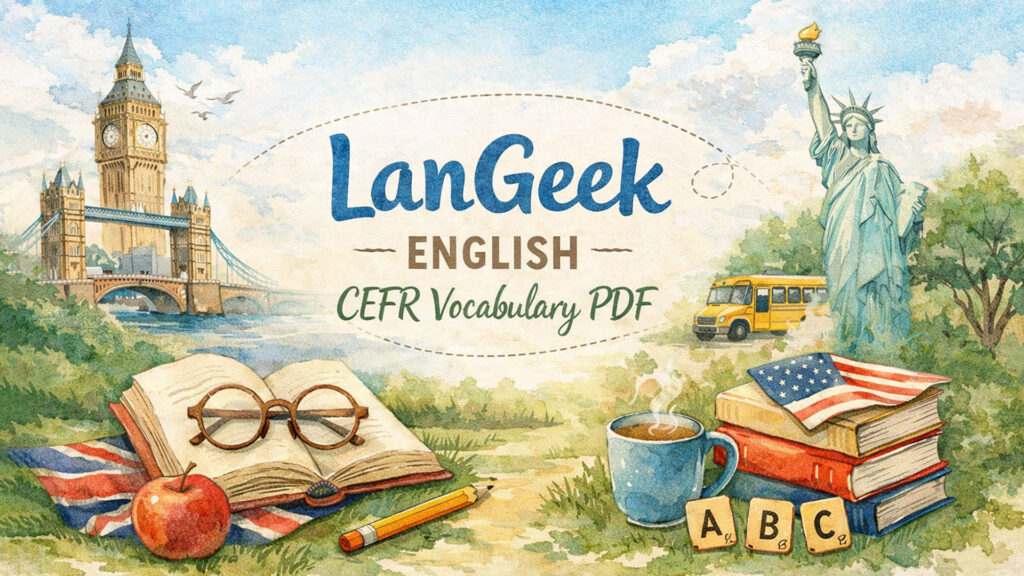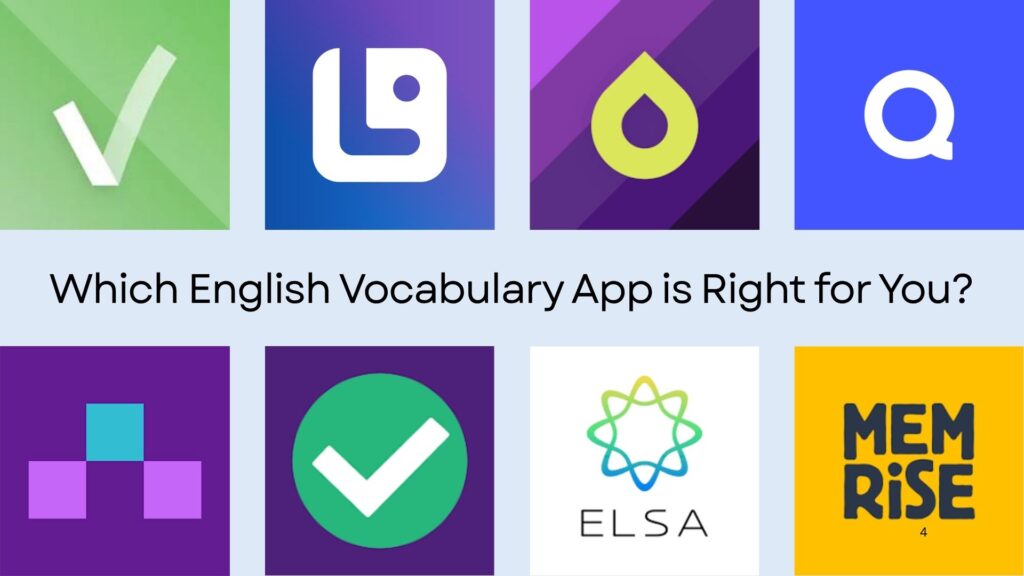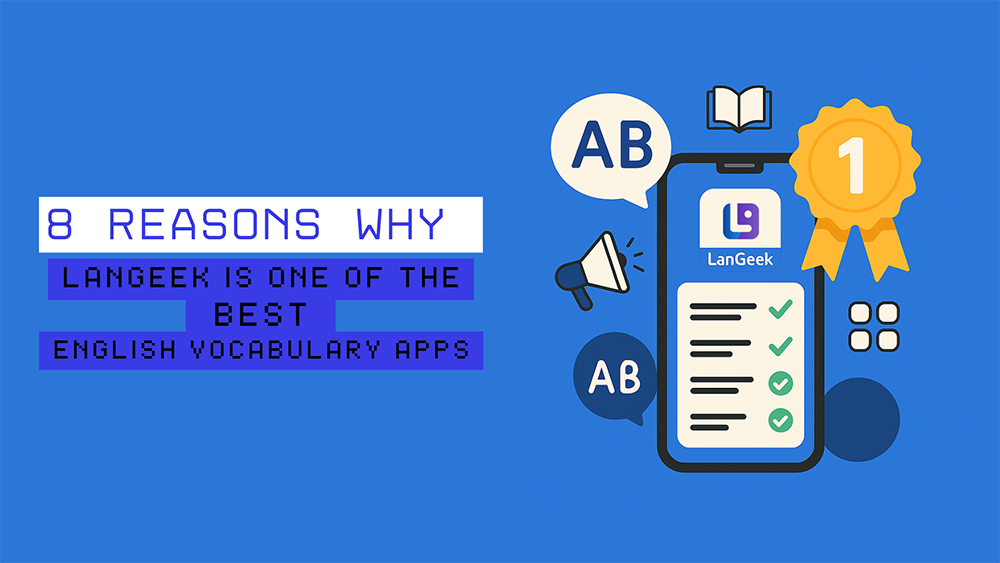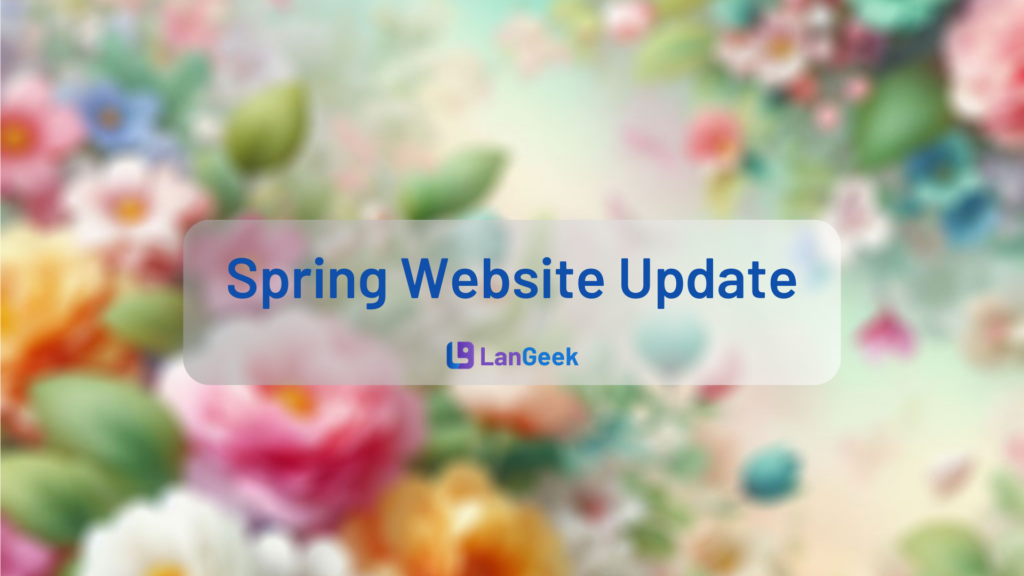Personalization is a key element in effective learning, and LanGeek, an innovative language learning platform, leverages this principle through its “personalized Wordlists” feature. This feature allows users to create personalized flashcard decks tailored to their specific needs and interests, providing a customized and efficient learning experience. This article explains how making personalized flashcard decks with LanGeek’s personal Wordlists helps language learners and explores the scientific benefits of this method.
How LanGeek’s Personal Wordlists Work
LanGeek’s personalized Wordlists feature empowers users to take control of their learning process. Here’s how it works:
- Create Custom Wordlists: Users can compile their own lists of vocabulary words based on personal preferences, learning goals, or areas of interest.
- Personalized Flashcard Decks: These personalized wordlists are transformed into flashcard decks, enabling users to review and practice their chosen vocabulary.
- Spaced Repetition: The flashcards are integrated with the Leitner system, ensuring that words are reviewed at optimal intervals for long-term retention.
- Contextual Learning: Users can add contextual information, such as example sentences or images, to their flashcards to enhance understanding and memory.
- Progress Tracking: LanGeek tracks user progress with each custom wordlist, adjusting review schedules based on individual performance.
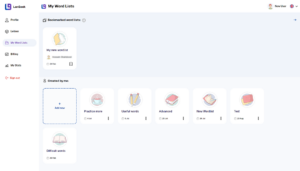
Benefits of Personalized Flashcard Decks
1. Tailored Learning Experience
Creating personalized flashcard decks allows learners to focus on vocabulary that is most relevant to them. This tailored approach ensures that learners spend their time efficiently, concentrating on words and phrases that they are likely to encounter in their specific context, whether it be for travel, work, or personal interest.
2. Enhanced Engagement and Motivation
Personalization increases engagement and motivation. When learners have the autonomy to select their own vocabulary, they are more invested in the learning process. This personal connection to the material fosters a deeper commitment to regular study and practice.
3. Improved Retention through Relevance
Studies show that relevance enhances memory retention. When learners perceive the material as directly applicable to their lives, they are more likely to remember and use it. Personalized flashcard decks ensure that the vocabulary is not only learned but also retained and applied in real-life situations.
4. Flexible Learning Pace
Personalized flashcard decks allow learners to progress at their own pace. Learners can spend more time on challenging words and move quickly through easier ones, ensuring a balanced and effective learning experience. This flexibility is particularly beneficial for accommodating different learning speeds and styles.
5. Integration with Spaced Repetition
Combining personalized flashcard decks with spaced repetition maximizes learning efficiency. The Leitner system, used by LanGeek, ensures that vocabulary is reviewed at optimal intervals, reinforcing memory retention and reducing the forgetting curve.
Scientific Support for Personalized Flashcard Learning
Benefits of Personalization in Learning
Research supports the effectiveness of personalized learning. Studies indicate that customized learning experiences lead to better engagement, increased motivation, and higher retention rates. Personalization helps address individual learner needs and preferences, making the learning process more effective and enjoyable.
Advantages of Spaced Repetition
The efficacy of spaced repetition in enhancing long-term memory retention is well-documented. By revisiting information at strategic intervals, learners can consolidate their memory and improve recall. The combination of spaced repetition with personalized flashcards provides a powerful tool for language learning.
Further Reading on Personalized Learning and Spaced Repetition
For those interested in exploring more about the benefits of personalized learning and spaced repetition, the following articles provide in-depth information and research findings:
- The Impact of Personalized Learning on Student Engagement – This article discusses how personalized learning can significantly boost student engagement and motivation.
- Optimizing Learning with Spaced Repetition – An exploration of the cognitive science behind spaced repetition and its benefits for effective learning.
- Personalized Learning: A Practical Guide – A guide on implementing personalized learning strategies to enhance educational outcomes.
- The Power of Spaced Repetition in Language Learning – This research paper delves into how spaced repetition can be used effectively in language acquisition.
- Personalized Vocabulary Learning: Benefits and Techniques – An article focusing on the advantages of personalized vocabulary learning and practical techniques for implementation.


